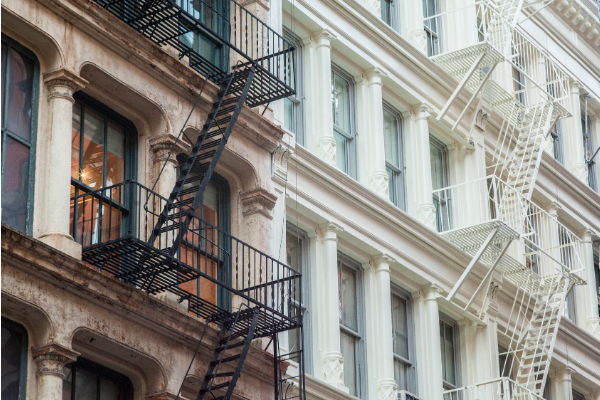A Pied-A-Terre Tax On New York City Real Estate Would Likely Erase Any Of Its Potential Rewards

The New York State Senate has once again placed New York City real estate directly in its sights. Last year the Senate considered a “pied-a-terre” tax bill, but the proposal was ultimately dropped in favor of an increased mansion tax, a far easier pill for buyers, sellers, developers, and real estate agents to swallow. The pied-a-terre tax got shelved for a variety of reasons, one of which was the enormous complications of its implementation in co-ops. In brief, the proposed tax would require all homeowners whose legal residence is outside the five boroughs to pay an annual tax on maintaining a second (or third, or fourth) residence within the city. This tax would be leveled not only on new purchasers, but on anyone whose legal residence lies outside city limits.
Administered on a sliding scale, the tax would charge between 0.5% and 4% to owners whose one to three family houses have a value of $5 million or more, and 10% to 13.5% to owners whose apartments have an assessed value of $300,000 or more. Since assessed values of New York properties vary widely, no one seems exactly sure at what value the tax would begin; some have hypothesized that the proposed law could affect owners of apartments worth as little as $1.5 million, which buys a one or at best a two-bedroom flat in Manhattan. In addition, the tax still suffers from huge administrative problems around co-ops, where the assessed values are assigned by building rather than apartment, thus muddying the waters regarding who might owe what.
Senator Brad Hoylman, the bill’s original sponsor, and other members of the State Senate like to use recent purchases by Jeff Bezos (for $96 million) and Ken Griffin (for $238 million) as the poster children for the reasonableness of their idea. For guys like these, they say, any pied-a-terre tax would simply be a rounding error. Perhaps this is true, but it fails to consider several important issues.
First, purchases of this scale remain completely outside the mainstream, and to use such anomalies as cases in point lacks real transparency. Second and more important, the issue doesn’t center around what people can afford; it’s about what they are willing to pay. The wealthy who are establishing primary residences in Florida can afford to pay New York City and State taxes—they simply would prefer not to. The pied-a-terre tax will have a similar effect on buying behavior.
Scott Fitzgerald famously said, “The rich are different from you and me.” But not in every way. Like the rest of us, they prefer not to spend money they don’t have to, and especially today, with so many tourist attractions involving sports and the arts unavailable in person here, the desire to buy an extra home in New York probably lies at its lowest ebb in recent decades. Add a new annual tax to that mix and you almost certainly continue to drive away those frequent visitors who have historically both spent big and lived big when they are here. And that in turn costs the city construction projects and restaurant visits and a host of other job and revenue-generating activities that virtually nullify the financial benefit gained from the tax.
The city and the state both badly need money. The federal government, at least up until now, does not seem likely to provide it, especially to a reliably Democratic state. An incremental tax on on the uber-wealthy makes sense; many of them live in New York, still pay taxes here, and enjoy its benefits. This particular tax, however, seems like poor policy. It’s unlikely to raise enough revenue to justify both the administrative time necessary to implement it and the attendant losses from the likely departure of pied-a-terre owners.
The pandemic has economically ravaged communities throughout the United States. Our governments, at the state and local levels, need to be smart and analytical about how they attempt to generate revenue. Real estate is always an easy target for legislators. In the case of the pied-a-terre tax, however, the drawbacks seem likely to erase any possible rewards.

